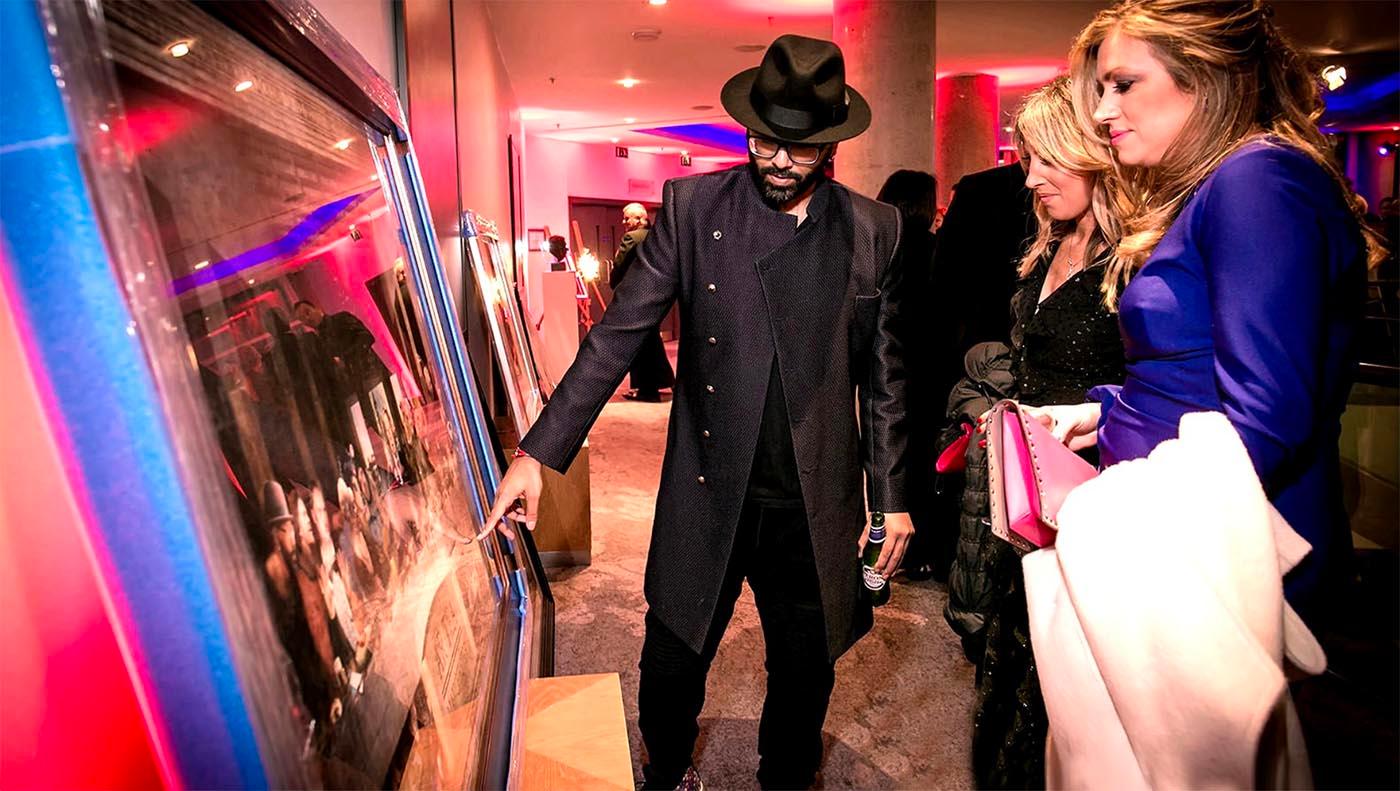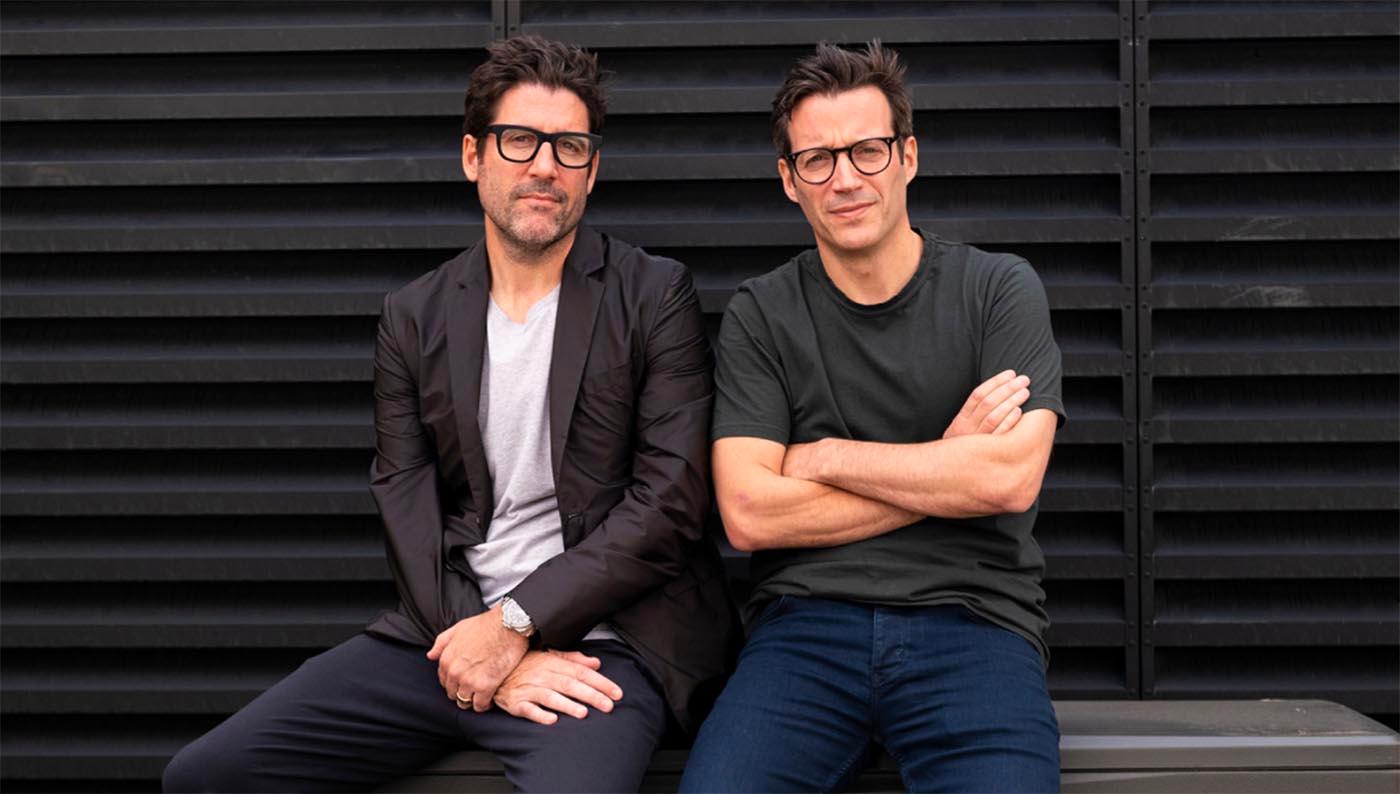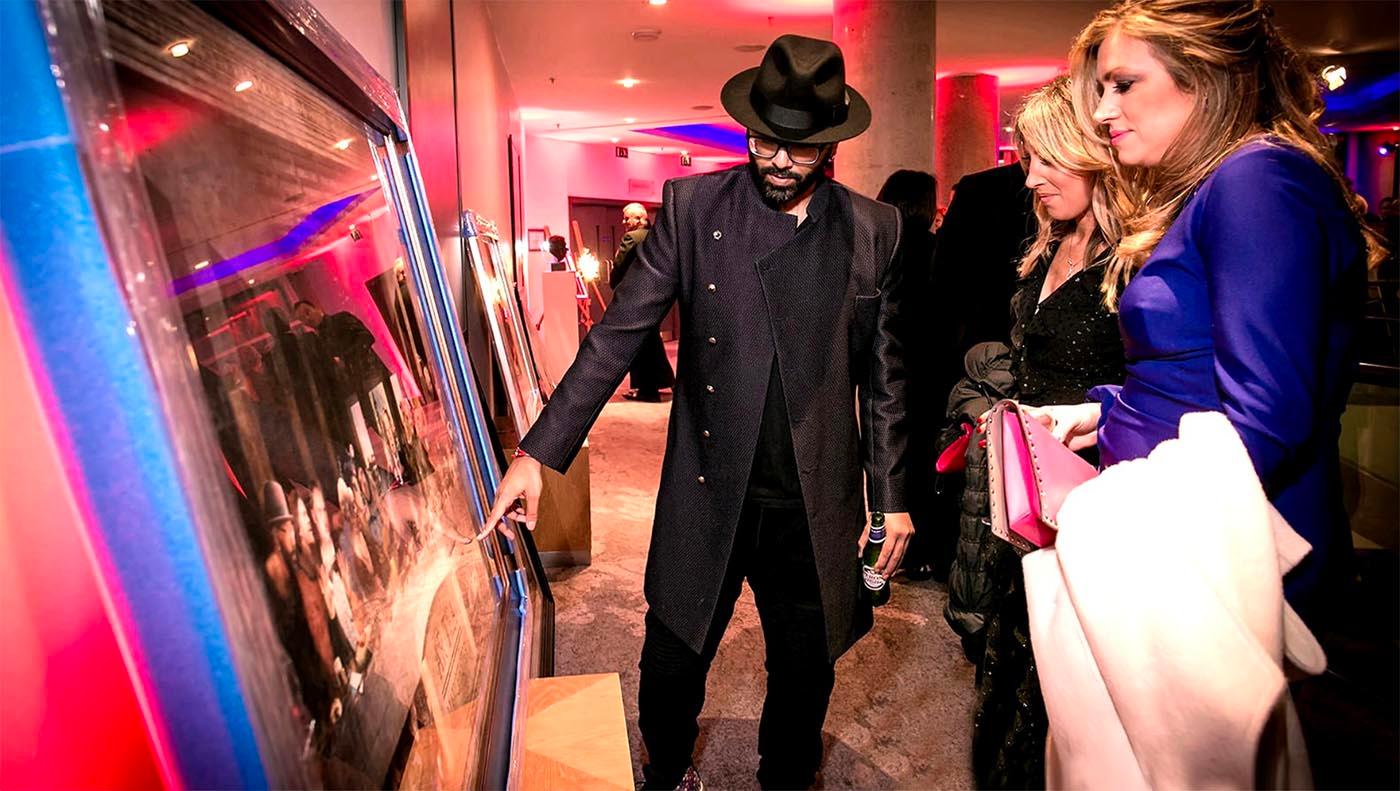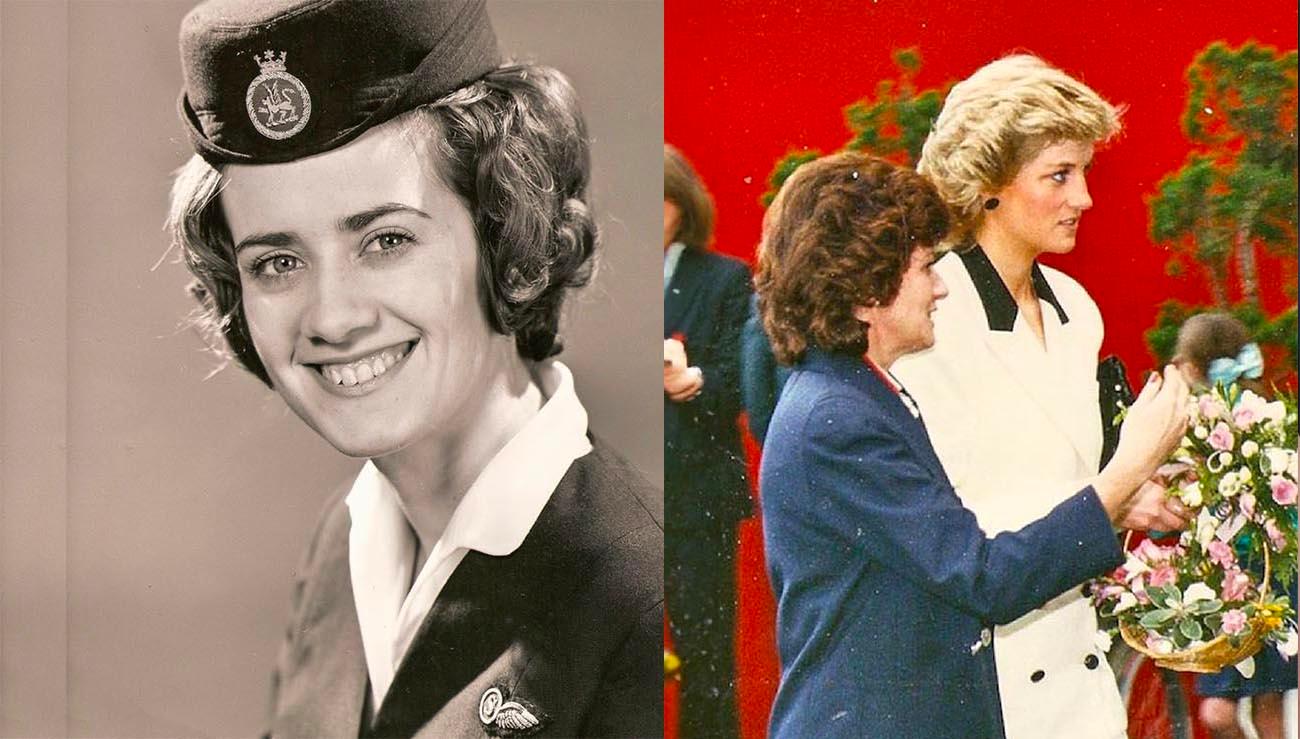Famous Opening Lines in Literature
By Catherine Evans

Authors need to grab their readers in the first few pages of their book, or they risk losing that reader forever. Gifted authors can do it with their opening sentence. George Orwell’s 1984 ingeniously imparts worlds of unspoken information, beginning with a clever line which instantly roots the novel in an alternative reality: “It was a bright cold day in April, and the clocks were striking thirteen.” Tolstoy’s opener in Anna Karenina impels the reader to immediately reflect on their own experience: ‘All happy families are alike; each unhappy family is unhappy in its own way.’
‘Mother died today.’ So begins Albert Camus’s The Stranger, establishing an immediate intimate bond with the reader. The word ‘today’ conveys a sense of timelessness which characterises the rest of the narrative. The Color Purple by Alice Walker opens with a demand: ‘You better not never tell nobody but God.’ That voice. You know you’re about to be told something important. Your narrator may be uneducated, even illiterate, but is possessed of strength and a furious anger. ‘Call me Ishmael,’ commands the narrator of Herman Melville’s Moby Dick. Is his name really Ishmael? Is he concealing his real name? In the opening paragraph, with admirable economy, Ishmael gives an insight into the dark, morbid themes of the story he’s about to tell: isolation, obsession, depression, madness and death.
‘Far out in the uncharted backwaters of the unfashionable end of the western spiral arm of the Galaxy lies a small, unregarded yellow sun’ begins Douglas Adams’s The Hitchhiker’s Guide to the Galaxy. Thus, the reader is required to recalibrate their entire world view, and is invited to enlarge their perspective to the infinities of the universe. Another of Adams’s books, Dirk Gently’s Holistic Detective Agency begins with: ‘This time there would be no witnesses.’ Ingenious.
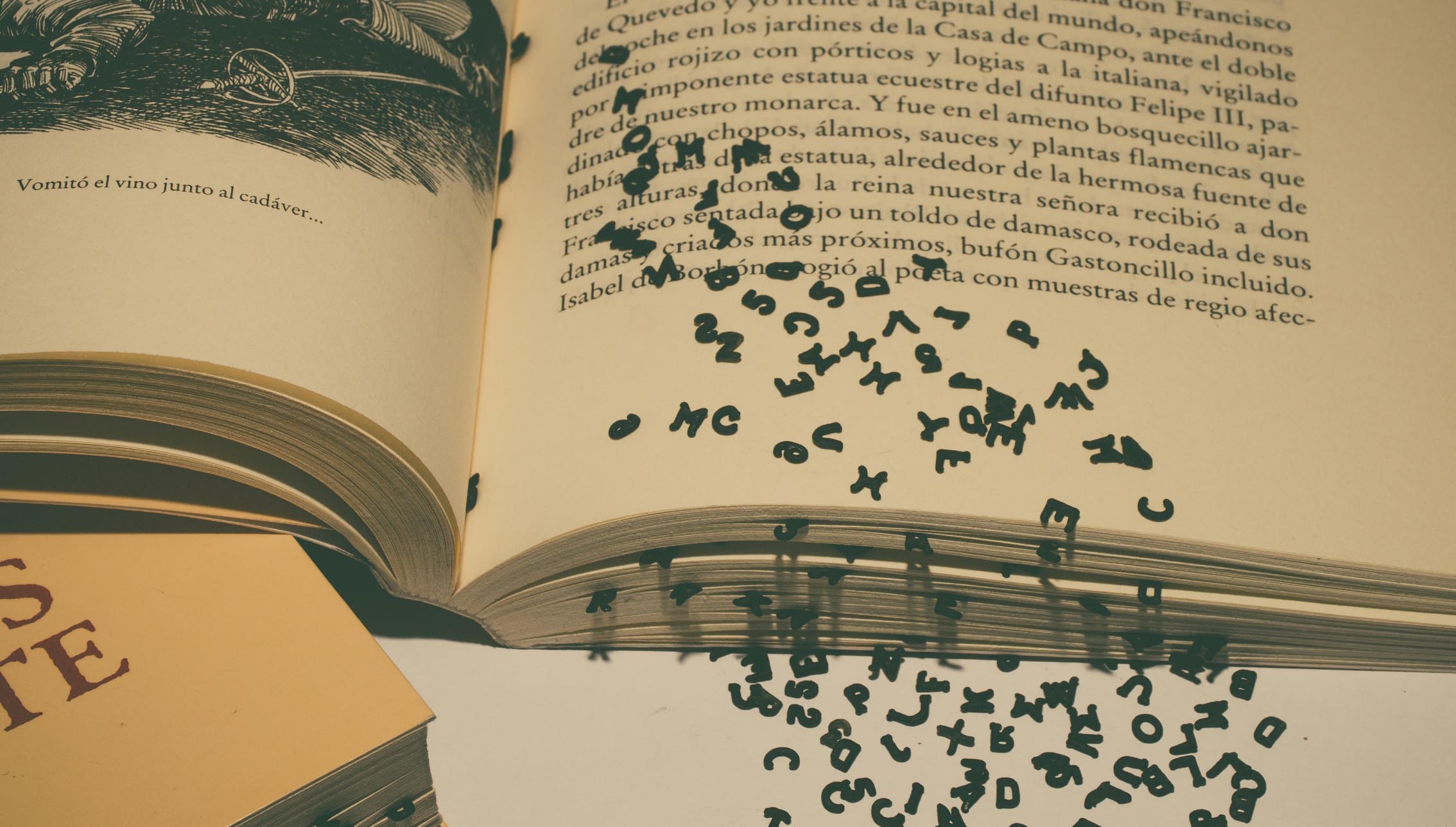
My personal favourite? ‘All this happened, more or less.’ the seemingly banal opening lines of Kurt Vonnegut’s Slaughterhouse Five, a novelised memoir of his experiences of WWII. The book is absurd, funny and horrific in equal measure. Perhaps it’s my favourite because of the author’s acute observations of the ridiculousness of human behaviour, including his own. Every line is steeped in his massive generosity of spirit.
Reading makes demands of us that passive screenwatching or scrolling does not, requiring concentration and the harnessing of imagination, (although not batteries or a mains supply) so the least an author can do is make the journey entertaining, starting right from the beginning with that first opening line. The title of a book needs careful thought too … (That’s quite enough. Ed.)

